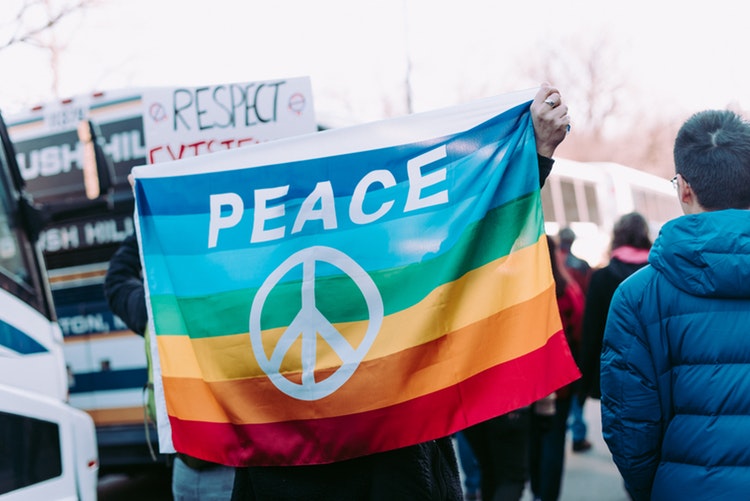Pace Students and the Political Climate: How the 2016 Presidential Election Still Impacts Young Voters
Nearly three years later, the election of President Donald Trump is still a highly contentious topic among young political activists.
The post-2016 presidential election was a divisive moment in American history that young people were able to witness with their own eyes. Discussions and hot debates regarding universal and topical issues such as gender inequality, racism, immigration policies, economic inequality, and so forth took center stage at the political forefront when Donald Trump was elected president.
What the post-2016 election means for America, particularly for millennials and Generation X, has been well-documented. From the Parkland survivors to climate change activists, young people have significantly changed the landscape of politics. Faculty and students at Pace have their own thoughts and experiences when it comes to a younger audience and their political engagement as the 2020 presidential election approaches.
Precious Hose, a junior, said she did not always concern herself with politics, but that all changed when she took a political science course last year.
“It changed my life,” Hose, who is now an active participant in advocacy programs such as Pace Fighting Ignorance and and Rape with Education (F.I.R.E.) and Middle States Accreditation Studies, said. “It just opened my eyes to so many things, and I’m so glad it has made me more aware of what’s happening, and inspired me.”
English professor Travis Webster has seen heightened involvement from young people in politics.
“I see incredible participatory citizenship and activism among young adults in my classes here at Pace,” he said.
Pace has a diverse range of cultural programs and clubs that emphasizes and promotes political activism, such as the Black Student Union, the LGBTQA Center, IGNITE, F.I.R.E., and others.
“I also think young adults see themselves better represented in our national conversations, through such leaders as Alexandria Ocasio-Cortez, Peter Buttigieg, and the Parkland student activists,” Webster said.
Webster also broached the idea that young adults feel validated by seeing themselves more represented in the political landscape.
Laith Sayegh, a junior who is a student of Webster’s, also briefly chipped in.
“I do agree with the idea that young people are becoming more involved in politics, and that I myself have become more aware in the last two years of what has been going on,” Sayegh said.
But is there a line between being aware of our political landscape right now and taking affirmative action?
“I think young adults became more disinterested in voting, but more politically aware. I feel like many of them don’t believe their votes don’t count,” said junior Brent Cameron.
This point reminds us of the popular concept held by members of the public: that one’s vote does nothing in the grand scheme of things, and that going to the election polls is not worth the time because of this reason. Only 58% of Americans eligible to vote did so in 2016, according to the United States Election Process.
With another presidential election on the horizon, along with conversations brewing regarding lowering the voting age to 16, the young vote will be strongly focused on. It can potentially be the opportunity that many young political activists have longed for.
Your donation supports independent, student-run journalism at Pace University. Support the Pace Chronicle to help cover publishing costs.


